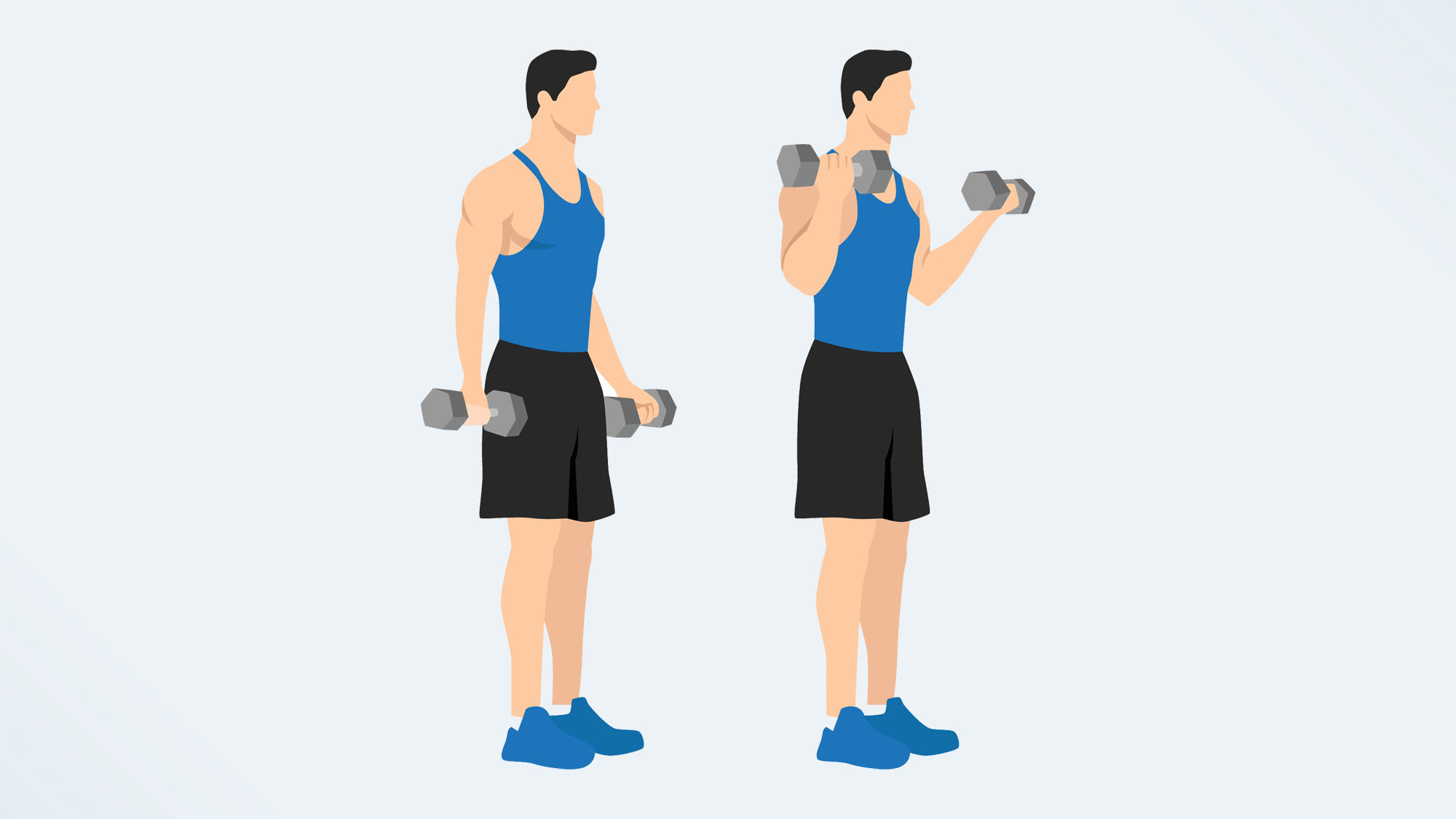The pros and cons of being a ‘weekend workout warrior’

A you a weekend workout warrior? Or do you prefer to spread your sessions out across the week?
Well, according to a new study it could be the type and total amount of exercise that counts, rather than the actual number of sessions, which is good news for people who struggle to find the time to exercise.
The research, published in JAMA Internal Medicine journal, involved 350,000 participants and did not find any significant difference in mortality rates between weekend sweaters compared to regularly active participants.
So what does that mean for your workout schedule?
READ MORE: Woman responds to job rejection with meme and lands an interview

Results indicated that adults who perform the recommended amount of physical activity per week may experience similar health benefits whether the sessions are spread throughout the week or concentrated in a weekend.
The current recommendations for adults aged 18-64 is a weekly total of two and a half to five hours of moderate activity, or one hour and 15 mins to two and a half hours of vigorous activity, or an equivalent combination of both.
“This large study suggests that, when it comes to exercise, it doesn’t matter when you do it,” cardiac nurse Joanne Whitmore told the BBC.
“The most important thing is that physical activity is undertaken in the first place.”
Ben Lucas, Director of Flow Athletic, agrees, telling 9Honey: “It’s true that some exercise is better than no exercise, especially in terms of health markers. If all you can fit in is a workout on the weekend, then absolutely, do what you can. Something is better than nothing.”
Less might not always be more
Now this might be music to your ears if you consider yourself relatively time-poor. But while working out only on weekends might be enough to keep you fit, it might not be the ideal way to go for a variety of other reasons.
READ MORE: 12 health mistakes to avoid making this winter

READ MORE: How often do you have to hit the gym to build muscle?
According to the Department of Health, while there is a weekly target for physical activity, recommendations do state that ideally a person should “be active on most (preferably all) days”.
“The con [of only working out on weekends] is that to make that exercise worthwhile you will need to train strenuously, for example HIIT training, heavy weight training, and you need to commit,” Lucas tells us. “If you are only training two days a week, you need to stick to it and make sure it happens.”
Lucas says spreading your sessions out is better for consistency and balance, and you could also put yourself at more risk of injury, if you are relatively sedentary for most of the week, before putting your body through extended sessions on just one or two days.
“The guidelines say that we should train for 150 minutes per week, that comes to 75 minutes per workout. That’s a very long time to train for someone who isn’t as fit and it can lead to injury to train at intensity for that long,” he warns.
He recommends aiming for three or more workouts a week, or 30 minutes a day, even if it’s a brisk walk.
“Especially if you are desk bound and if you are not doing much incidental exercise it is important to move for you overall health. It’s good for your mood, mind, digestion, weight management and being consistent will give you better results than being more sporadic,” he adds.
For a daily dose of 9Honey, subscribe to our newsletter here.

Which type of exercise burns the most calories?



:quality(70)/cloudfront-us-east-1.images.arcpublishing.com/tronc/WZGIWSRHQNAZ5B7LAEQTNUHSSI.JPG)